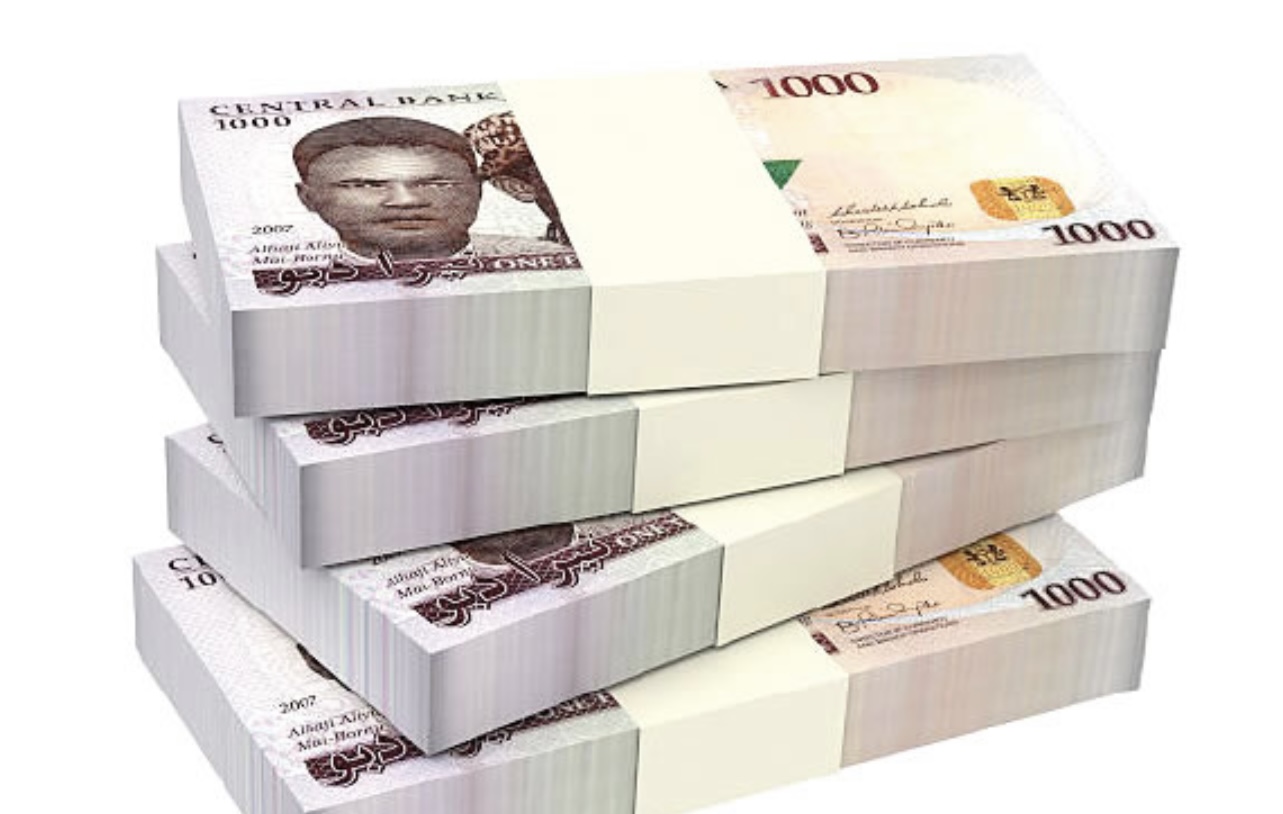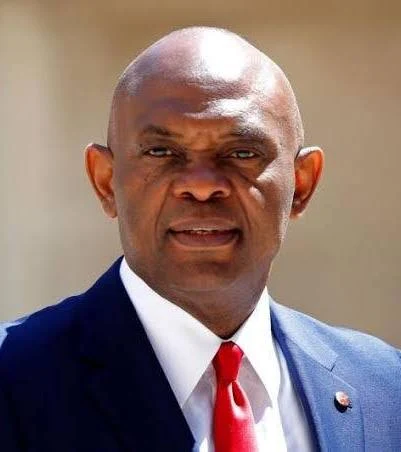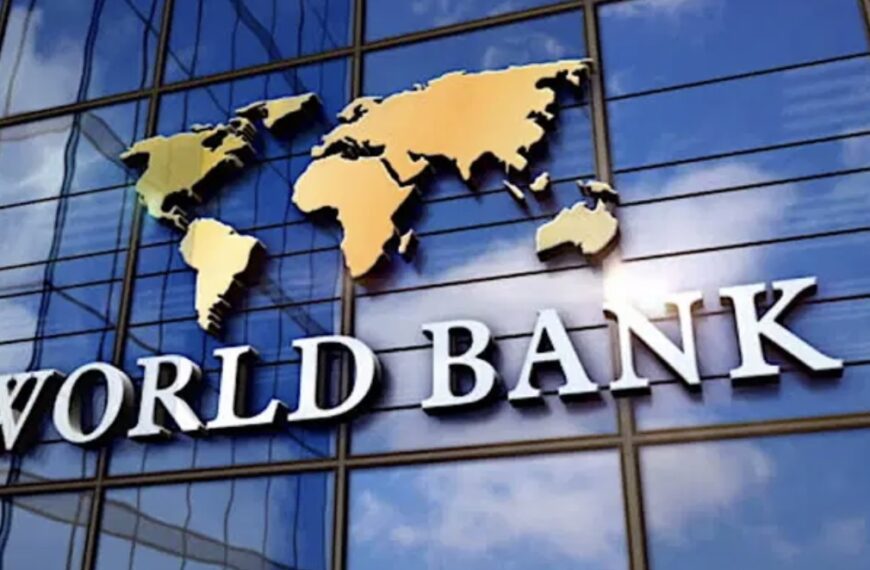
The latest money and credit statistics released by the apex bank show that the March figure represents a 24 per cent increase when compared to N92.19tn recorded in the same month of 2024.
On a month-on-month basis, the figure also rose by 3.2 per cent from N110.71tn in February.
The increase was largely driven by a sharp rise in net foreign assets, which rose by 38.9 per cent to N45.17tn, indicating stronger capital inflows and possible revaluation gains.
In contrast, net domestic assets declined by 11.7 per cent to N69.05tn, reflecting tighter liquidity within the domestic financial system.
Despite efforts to curb inflation and control liquidity through the imposition of the highest CRR in the world, Nigeria’s monetary base continued to expand.
The rise in broad money supply likely suggests that external factors—particularly growth in foreign asset holdings and government credit—have offset the CBN’s tightening measures.
In the first quarter of the year, M3 grew by 2.8 per cent from N111.11tn in January to N114.22tn in March.
Further data from the CBN show that the volume of currency circulating outside the banking system rose to N4.6tn in March, out of a total currency in circulation of N5.00tn.
This means that 91.9 per cent of all cash in the economy was held outside the banks. It further represents a 26.7 per cent increase compared to N3.63tn held outside the banks in March 2024, when total currency in circulation stood at N3.87tn.
The preference for cash has remained consistent throughout the first quarter of 2025, with January figures showing N4.74tn in cash outside banks (90.5 per cent of total), and N4.52tn in February (89.6 per cent of total).
The sustained dominance of cash highlights the deep structural reliance on physical currency, particularly in informal sectors of the economy, where banking penetration and trust in digital systems remain low.
While the government and the CBN have continued to promote cashless transactions and financial inclusion, the figures suggest that a significant proportion of Nigerians still operate outside the formal financial system.
This trend is likely due to a mix of economic, infrastructural, and behavioural factors. With inflation rising and the cost of goods accelerating, many Nigerians prefer holding cash for immediate access and negotiation advantages.
According to the National Bureau of Statistics, headline inflation rose to 24.23 per cent in March, up from 23.18 per cent in February, while month-on-month inflation jumped by 3.90 per cent.
The inflationary environment, coupled with recurring issues in banking platforms—such as failed transfers, ATM errors, and poor customer service—has reinforced the public’s dependence on physical naira.
Also noteworthy is the parallel growth in other monetary aggregates. M2, which includes savings and time deposits but excludes institutional holdings, rose to N114.20tn in March, compared to N91.95tn a year earlier.
Narrow money (M1), which includes currency and demand deposits, also grew to N38.55tn, up by 19.7 per cent year-on-year.
The persistent growth in money supply, despite the CBN’s record-high CRR, presents a policy dilemma for the Monetary Policy Committee, which is expected to meet on May 19 and 20, 2025.
At its last meeting in February, the committee opted to hold the policy rate steady. However, with inflation climbing, cash remaining dominant, and foreign inflows pushing up liquidity, pressure is mounting for the CBN to take more decisive action.
A rate hike is widely anticipated, though concerns remain that further tightening could stifle economic recovery and raise borrowing costs for households and businesses.
The current Monetary Policy rate of 27.50 per cent charged by the CBN to commercial banks on borrowings is the fifth highest in the world, according to a member of CBN’s Monetary Policy Committee, Mustapha Akinkunmi.
Punch












